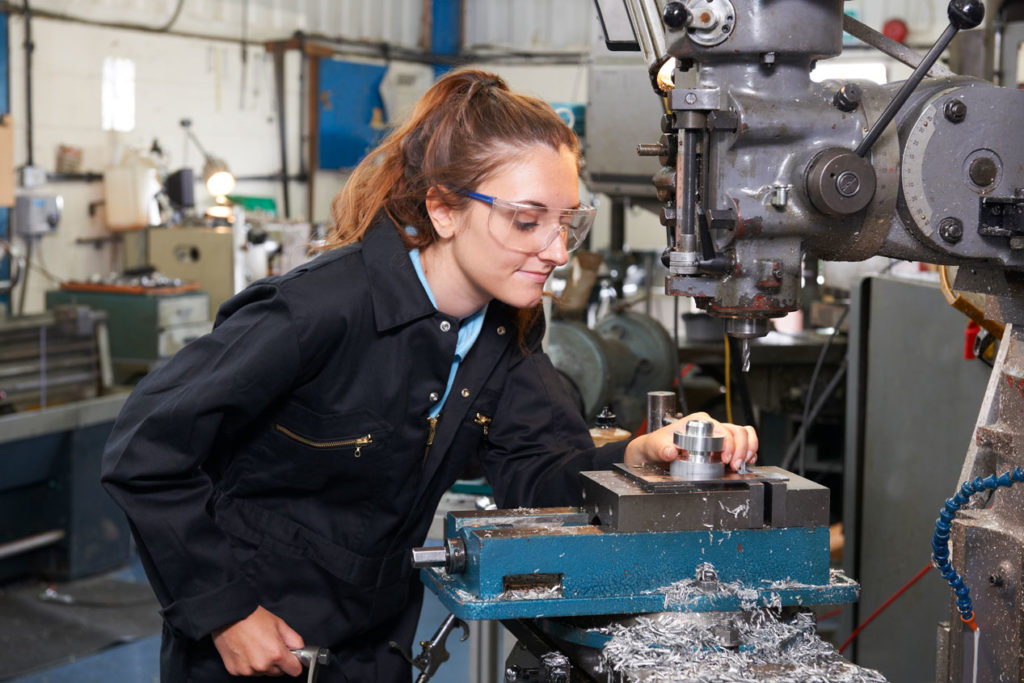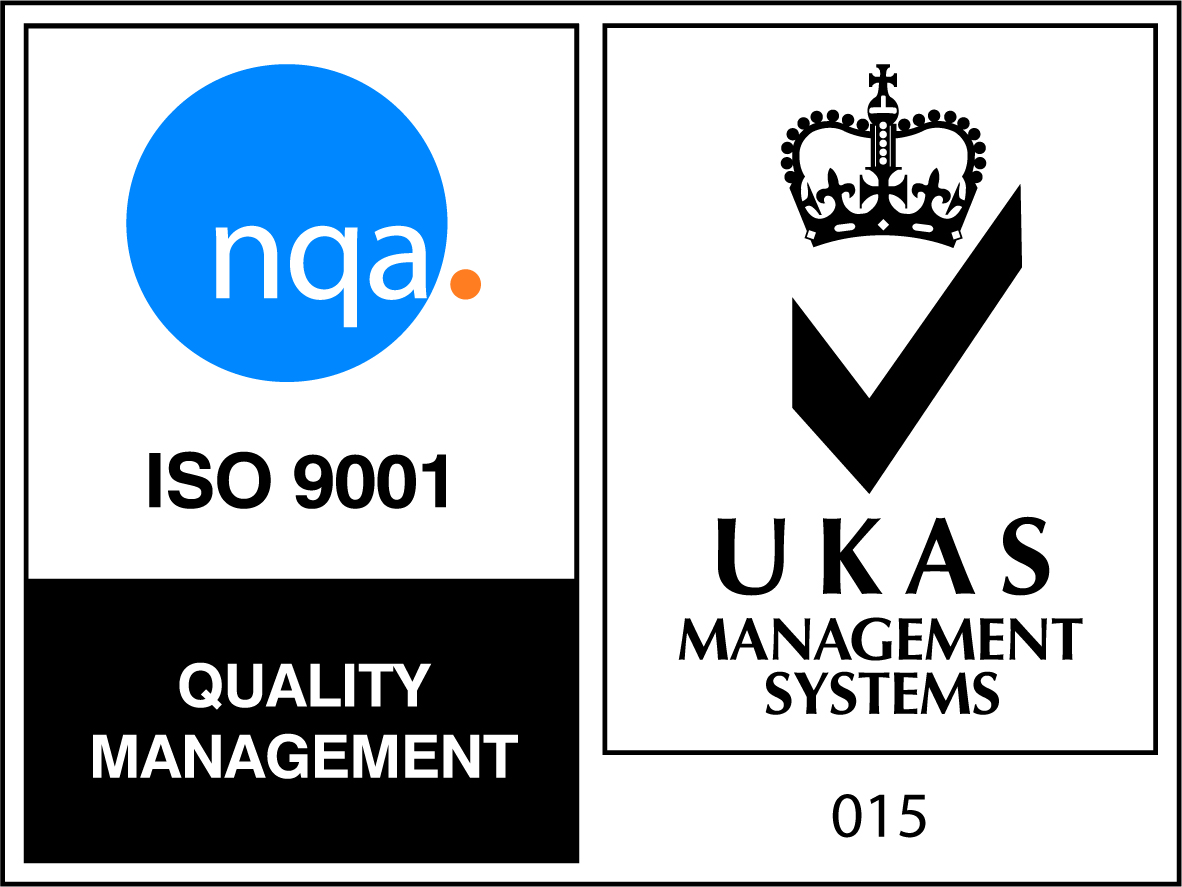A Guide to Machinist Apprenticeships – Which One Is For You?

If you’re thinking about a career in precision engineering, machinist apprenticeships are a fantastic way to get started. Machining skills are highly valued in various industries, from automotive and aerospace to defense and energy, where precise manufacturing of parts is critical. But with several pathways to choose from, how do you decide which machinist apprenticeship is right for you?
In this guide, we’ll break down the essentials of machinist apprenticeships, outline the different pathways, and share tips to help you find the perfect fit for your career goals.
What is a Machinist Apprenticeship?
A machinist apprenticeship is a hands-on training programme designed to teach you the skills to work with metal and other materials to create precision parts. Machinists operate lathes, milling machines, and CNC (computer numerical control) equipment, using computer programming and technical know-how to create parts with pinpoint accuracy.
In a machinist apprenticeship, you’ll gain practical skills and theoretical knowledge through on-the-job training and classroom learning. The apprenticeship allows you to earn while you learn, giving you real-world experience as you work towards becoming a skilled machinist.
The Benefits of a Machinist Apprenticeship
Earn While You Learn
A machinist apprenticeship offers a paid pathway into a career, so you won’t need to take on student debt. Instead, you’ll be paid while you develop valuable skills, whilst gaining an industry-recognised qualification.
Industry Demand
Machinists are in high demand across various industries, with manufacturing at the core of the UK’s economy. Skilled machinists are essential for creating the precision parts that keep industries running smoothly.
Hands-on Training
Unlike traditional education, an apprenticeship provides practical, hands-on experience in a real-world setting. You’ll get to work on real projects, build professional connections, and develop skills that can’t be taught in a classroom alone.
Types of Machinist Apprenticeships
In the UK, machinist apprenticeships fall under the larger umbrella of engineering and manufacturing apprenticeships. At In-Comm Training, several apprenticeship programmes could lead you toward a career as a machinist. Here’s a breakdown of some of the main types of machinist apprenticeships to consider:
1. CNC Machining Apprenticeships
CNC machinists are highly skilled at operating and programming computer numerical control (CNC) machines, widely used in modern manufacturing. CNC machinist apprenticeships teach you how to programme, set up, and operate CNC equipment to produce precision parts.
Skills you’ll learn: CNC programming, machine setup, tool selection, and quality inspection.
Ideal for: People interested in combining engineering skills with computer programming and automation.
Pathways at In-Comm: Learn more on our Apprenticeship page.
2. Machinist Apprenticeships
Machinist apprentices learn to machine complex, precise components from specialsed materials using both conventional and CNC tools, including lathes, milling machines, grinders, and multi-axis CNC centers. This apprenticeship builds essential skills for creating high-precision parts in modern manufacturing.
Skills you’ll learn: Machine operation, blueprint reading, and manual tool use.
Ideal for: Individuals who enjoy working directly with machinery and have a strong attention to detail.
Pathways at In-Comm: Find out more on our Machinist Apprenticeship page.
3. Toolmaker & Die Maintenance Technician Apprenticeships
Toolmakers and Tool & Die Maintenance Technicians perform complex, highly skilled work to manufacture and maintain the engineering tools essential for producing components and assemblies used in everyday products—from cars and planes to medical devices.
Skills you’ll learn: Precision tool creation, repair techniques, and project planning.
Ideal for: People with a creative mindset who enjoy problem-solving and making intricate designs.
Pathways at In-Comm: Discover the Toolmaker & Die Maintenance Apprenticeship.
Entry Requirements for Machinist Apprenticeships
Entry requirements for machinist apprenticeships typically vary based on the level. Many Level 2 apprenticeships require at least GCSEs in Maths, English, and Science, while Level 3 and higher apprenticeships may ask for additional qualifications or prior experience in a related field. In-Comm’s Contact Page has all the information you need to reach out if you have specific questions about entry requirements.
Day-to-Day Life of a Machinist Apprentice
As a machinist apprentice, your days will be a mix of learning new skills, working on real projects, and studying theory. You might spend mornings in the classroom, learning the principles of machining, and afternoons in a workshop, where you’ll apply what you’ve learned under the guidance of an experienced mentor.
You’ll be working closely with machine operators, engineers, and production managers, gaining invaluable hands-on experience. Over time, you’ll develop an understanding of how each part fits into larger manufacturing processes, preparing you for a full-time role upon completion of the apprenticeship.
How to Apply for a Machinist Apprenticeship with In-Comm
If you’re ready to take the next step, In-Comm Training offers a variety of machinist apprenticeships to suit different career goals. To get started, explore In-Comm’s Apprenticeships and Training page, where you’ll find detailed information about each apprenticeship, along with eligibility criteria and application instructions.
If you’re unsure which apprenticeship is best for you, In-Comm offers helpful resources, including videos, blog posts, and direct support.
Frequently Asked Questions
- What qualifications will I receive after completing a machinist apprenticeship?
Upon successful completion, you’ll receive an industry-recognised qualification, such as an NVQ or an EAL Diploma in Engineering. You may also have the opportunity to progress into a higher apprenticeship or even pursue further qualifications. - How long does a machinist apprenticeship take?
Most machinist apprenticeships range from 18 to 48 months, depending on the level and complexity of the training. At In-Comm, you can explore Level 2 and Level 3 apprenticeships, which cater to both beginners and those with some experience. - What career opportunities are available after completing a machinist apprenticeship?
After completing your apprenticeship, you’ll have the skills to work as a CNC machinist, toolmaker, or manual machinist. Many apprentices go on to work in aerospace, automotive, and manufacturing companies, or even advance into engineering roles.
Final Thoughts
Machinist apprenticeships offer a unique opportunity to dive into the world of precision engineering, develop in-demand skills, and start a rewarding career. With options like CNC, manual machining, and toolmaking, there’s a path for every interest and skill level. To learn more, visit In-Comm’s apprenticeships page and take your first step towards becoming a machinist.
If you have any questions or want to chat with an advisor, check out In-Comm’s contact page. Start shaping your future in engineering today!

